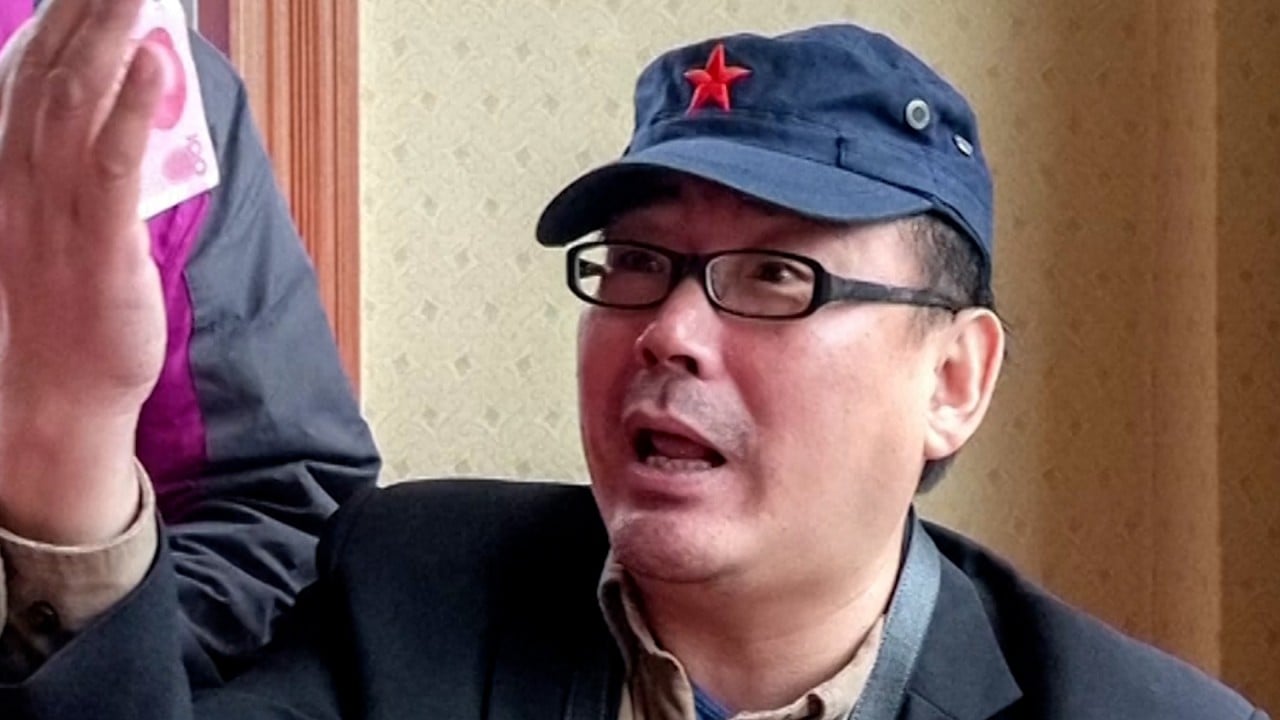
Will foreign property buyers from China, Asia shun Australian market over latest fees surge?
- Canberra says its latest measures are aimed at preserving the housing supply for local buyers and tenants
- Many foreign buyers have been flocking to other markets with lower buying thresholds and fees such as Dubai, industry players say
The Australian government passed the new rules on Wednesday to preserve the housing supply for local buyers and tenants.
Treasurer Jim Chalmers and Housing Minister Julie Collins said the higher fees were essential to ensure foreign investment in residential property was in Australia’s national interest.
Australia’s housing market is one of the most inaccessible in the world due to high prices and shortage, especially in bigger cities such as Sydney.
Why confusion over Australia’s ‘golden visa’ is causing ‘widespread panic’
Despite rising interest rates, the tight supply of homes – partly driven by reduced construction – has continued to push up house prices in major Australian cities, while the number of rental homes fell to a new low in December at 20 per cent lower than the 10-year average.
The surge in foreign buyers in these markets added heat to the markets starting around 2014, and both the Australian federal and state governments have for almost a decade been introducing increased surcharges in stamp duties, investment and vacancy fees, as well as land taxes in a bid to cool the market.
The result was an obvious withdrawal of foreign buyers, particularly those from China, who had dominated the sector.
This round of fees would be no different, Walton Chu, founder of Sydney real estate agency Home789, said.
“This will scare them [foreign buyers] all off,” he said.
Australia pledges aid to East Timor in bid to boost diplomatic ties in region
There will always be some Chinese foreign interest in Australian property, but that appetite now is 20 per cent of its peak about seven to eight years ago, according to Chu.
Instead, many foreign buyers have been flocking to other markets with lower buying thresholds and fees, such as Dubai, he pointed out.
Another agent, The Agency’s Steven Chen who also deals with luxury buyers, said the higher fees were substantial and would factor prominently in buying decisions.
In this round of change, foreign investment fees – or application fees – for the purchase of established homes will triple. So for a purchase price of between A$1 million and A$2 million (US$653,000 and US$1.3 million), a foreign buyer would have to pay nearly A$85,000 (US$55,000) from just over A$28,000 previously.
The vacancy tax for a similarly priced home that has already been acquired but has not been occupied for more than half the year will rise to about A$56,000 from just over A$28,000.
These changes are on top of other surcharges that investors have to pay, including higher stamp duties and land taxes.
The fees for established homes in particular will not affect foreign buyers significantly, as they are generally prevented from buying homes that have been occupied. However, they would continue to steer foreign buyers towards buying new homes, which has the intended effect of increasing the housing supply, Canberra said.
But the move could also backfire, said selling agent Plus Agency’s Peter Li.
Many developers often build higher-density projects because they know they can sell a portion of the homes to foreign buyers, but without them, developers may reduce the number of units or density of the projects, Li said.
Russian hacker Aleksandr Ermakov linked to prominent 2022 Australia data breach
This will have the effect of reducing new units as well as house and land lots available to local buyers in the end, he added.
Markets like the Gold Coast, Brisbane and Melbourne, which had previously relied heavily on the Chinese and other foreign buyers, are likely to suffer further, Li said.
Australia’s measures are not dissimilar to other markets in the region. Last year, Singapore doubled stamp duties for foreign buyers of residential property to 60 per cent from 30 per cent.


